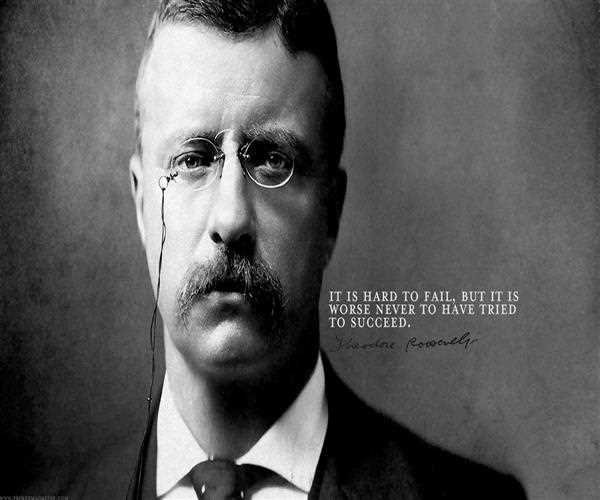Roosevelt entered office in 1901 with the firm expectation of attesting American impact over Central and South American governmental issues, somewhat because of his own past encounters in the territory. In 1897, he moved toward becoming secretary of the Navy under President William McKinley, whose organization attempted to anchor access to ports and enterprises in nations with closeness to the U.S.

At the season of Roosevelt's arrangement to the Navy's most noteworthy non military personnel office, American ocean control was on the ascent, empowering the U.S. to end up a more noteworthy impact in world undertakings.
After five years, now-President Roosevelt went by Panama to keep an eye on the advance of the Panama Canal, the development of which had endured numerous difficulties, including specialist mischances and infection flare-ups. Roosevelt's industrious requests for enhancements in human services and better working conditions pushed the channel venture forward exactly when it seemed destined to disappointment.
His excursion to the building site in 1906 – which incorporated the taking of a November 15 photograph of the president himself working the controls of a vast steam scoop—helped hailing assurance.
Roosevelt's next stop was Puerto Rico, which had turned into a U.S. protectorate after the Spanish-American War of 1898. In 1900, President William McKinley guaranteed to help build up a non military personnel government there without turning into an involving power. McKinley was killed in 1901, and Roosevelt, who was then filling in as McKinley's VP progressed toward becoming president, acquiring the stewardship of Puerto Rico.
In 1906, he headed out to the nation to prescribe that Puerto Ricans progress toward becoming U.S. subjects. He held back before recommending Puerto Rico turn into another U.S. state, be that as it may, and promised to permit the island a specific measure of self-governance.
In spite of the fact that presidents previously Roosevelt had gone outside the U.S. in other discretionary limits preceding or in the wake of filling in as president, Roosevelt was the first to make a "state" visit while in office. His outing to Panama and Puerto Rico flagged another time in how presidents led discretionary relations with different nations.